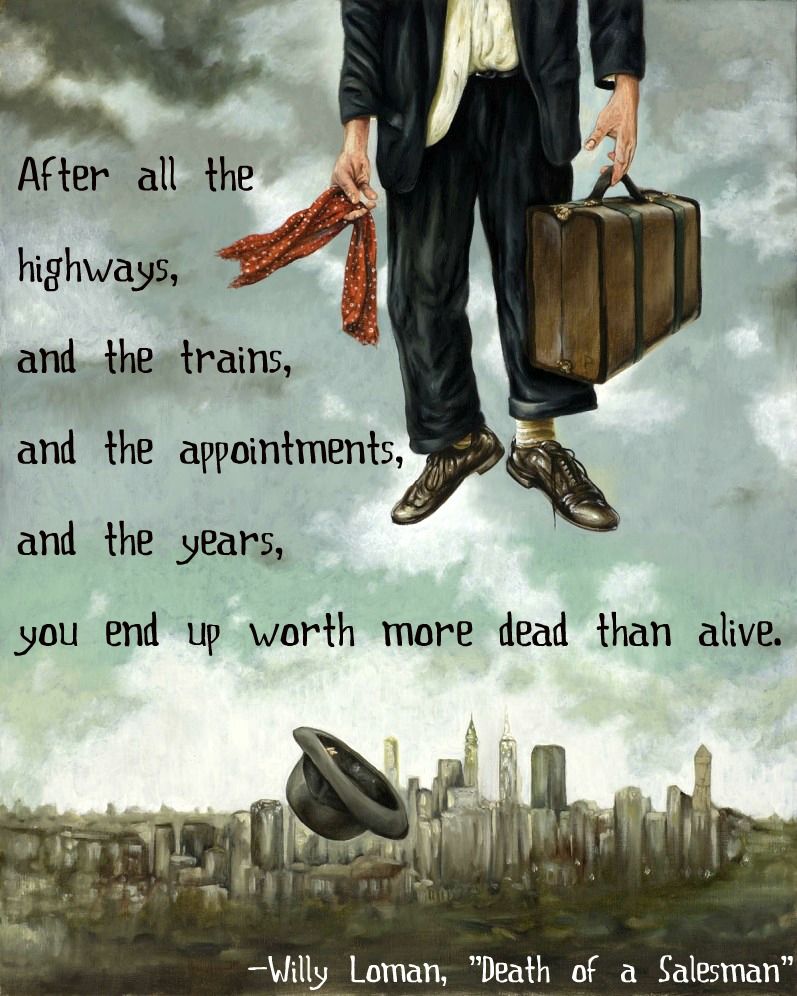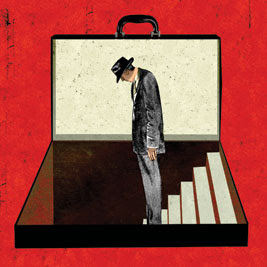

“I kept saying, ‘As soon as I get the roof on and the windows in, I’m gonna start this thing,’ ” he recalls. I can’t speak.’ ” As he worked away on his cabin, he repeated the play’s two lines like a kind of mantra.

It’s like an actor saying ‘It’s all right. I came back”-words that to Miller spoke “the whole disaster in a nutshell.” He says, “I mean, imagine a salesman who can’t get past Yonkers. Miller had a play in mind, too his impulse for the cabin was “to sit in the middle of it, and shut the door, and let things happen.” All Miller knew about his new play was that it would be centered on a travelling salesman who would die at the end and that two of the lines were “Willy?” “It’s all right. “I had never built a building in my life.”

“It was a purely instinctive act,” Miller, who long ago traded up from that first forty-four-acre property to a four-hundred-acre spread on Painter Hill, a few miles down the road, told me recently. She would rather play along with his fantasies of grandeur, or the simple ones like building a garden and growing fresh vegetables, than face the possibility of losing him.On a crisp April weekend in 1948, Arthur Miller, then only thirty-three and enjoying the first flush of fame after the Broadway success the previous year of “All My Sons,” waved goodbye to his first wife, Mary, and their two young kids, in Brooklyn, and set off for Roxbury, Connecticut, where he intended to build a cabin on a hillock just behind a Colonial house he had recently purchased for the family, which stood at the aptly named crossroads of Tophet (another name for Hell) and Gold Mine. According to Linda, Willy is "only a little boat looking for a harbor." She loves Willy, and more importantly, she accepts all of his shortcomings. Even though Willy is often rude to her and there is the possibility that Linda suspects Willy may have had an affair, she protects him at all costs. Linda is a character driven by desperation and fear. In many ways Willy is like a small child, and Linda is like a mother who anxiously protects him from Biff, Happy, and the rest of the world. In fact, she even throws Biff and Happy out when their behavior threatens to upset Willy. Despite all this, Linda does nothing, afraid to aggravate Willy's fragile mental condition. She is also aware that he has attempted to kill himself several times before.

She has discovered the rubber hose behind the heater and lives in fear that Willy will try to asphyxiate himself. Linda knows that Willy is secretly borrowing money from Charley to pay the life insurance and other bills. She gently prods him when it comes to paying the bills and communicating with Biff, and she does not lose her temper when he becomes irate. She knows that Willy is suicidal, irrational, and difficult to deal with however, she goes along with Willy's fantasies in order to protect him from the criticism of others, as well as his own self-criticism. Linda is a woman in an awkward situation.


 0 kommentar(er)
0 kommentar(er)
